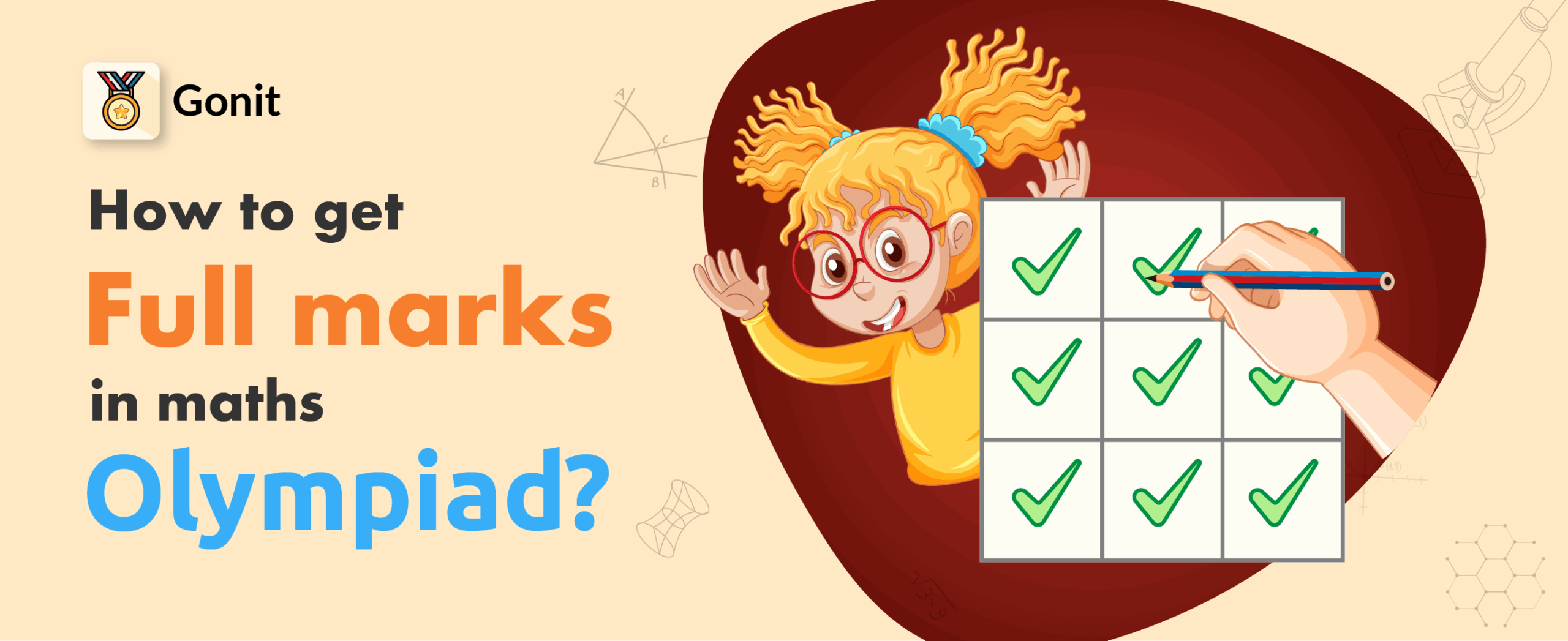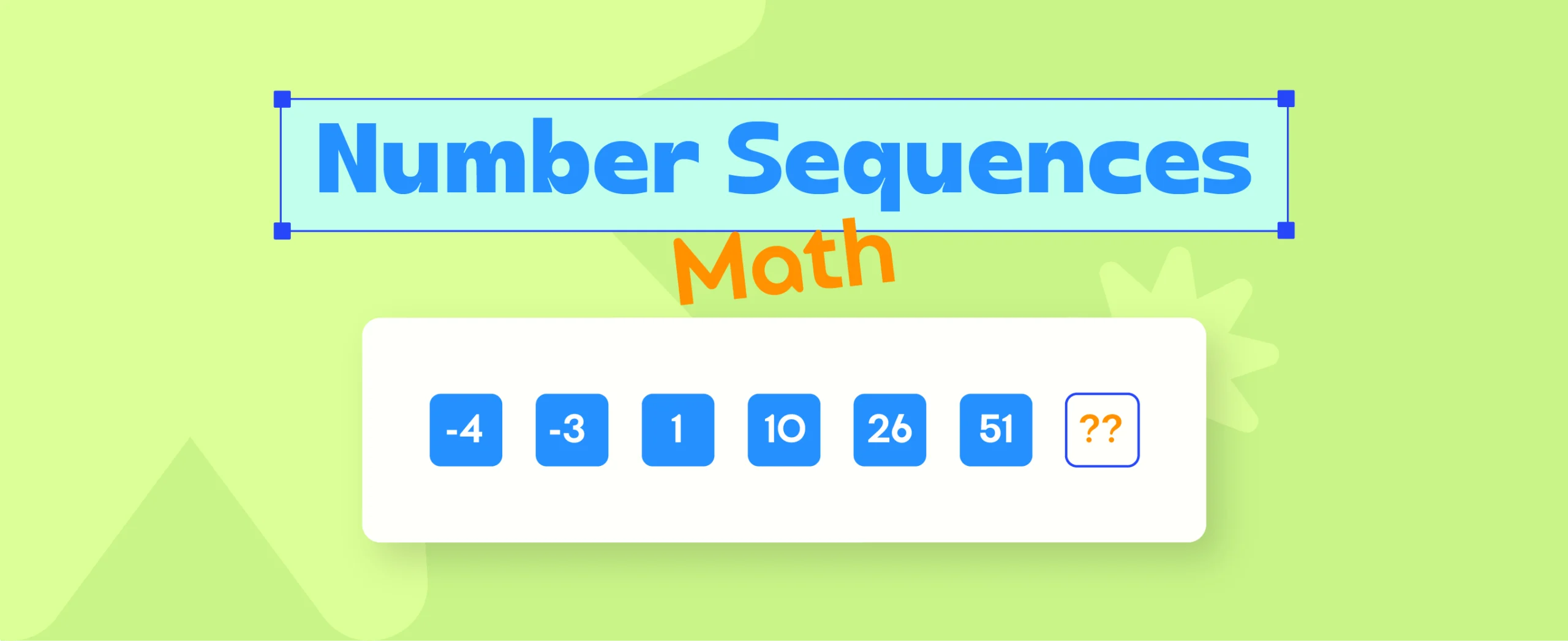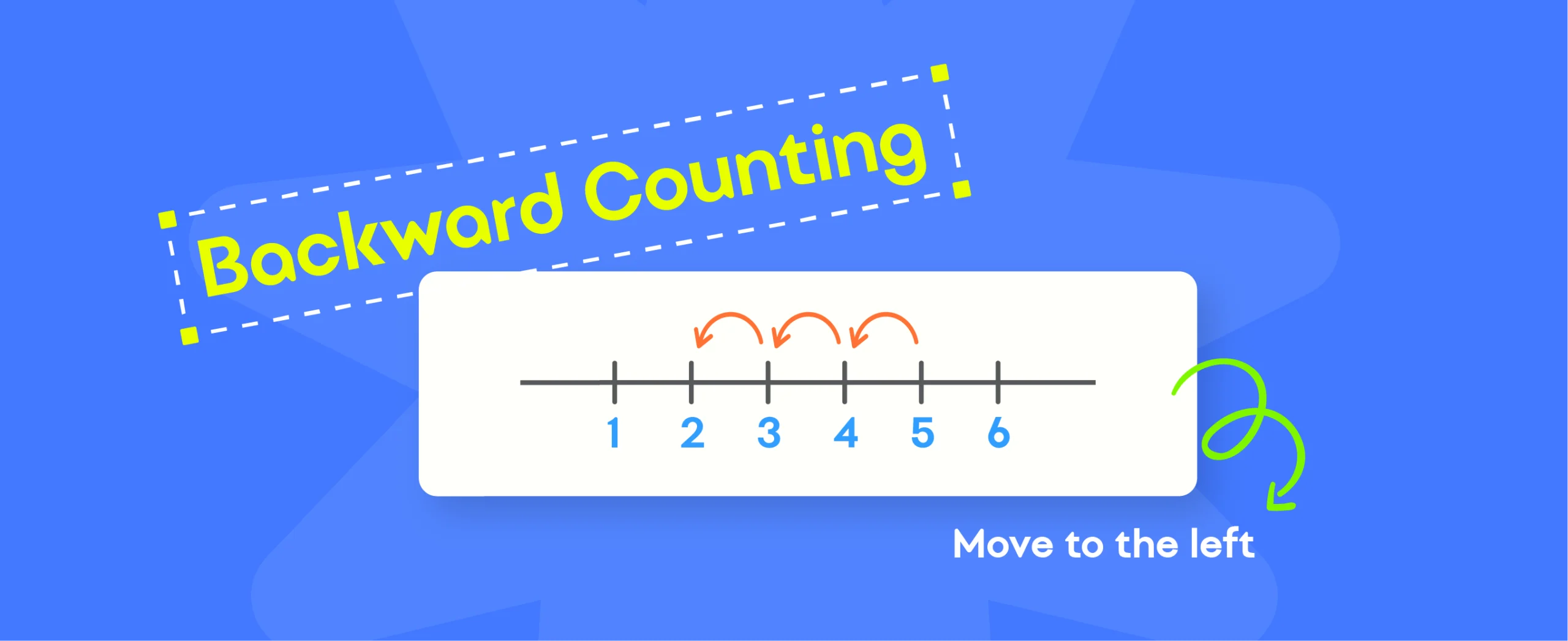Have you ever wondered how some students ace the Maths Olympiad while others struggle to finish the paper? The secret isn’t just formulas, it’s how you think.
The Maths Olympiad is more than an exam; it’s a global challenge that tests your creativity, logic, and problem-solving skills.
To score full marks, you need more than talent, you need focus, discipline, and the courage to keep going when problems seem impossible.
Along the way, you’ll discover that the Olympiad isn’t just about solving questions; it’s about transforming how you think, analyze, and grow as a mathematician.
Understanding the Olympiad Structure
Before you start preparing, it’s essential to understand how the Math Olympiad works, the different levels, question types, and marking systems. Start by understanding what type of questions appear in Math Olympiads
Knowing this helps you plan smarter and focus your preparation where it counts most.

🔹 Different Levels
Math Olympiads are structured to challenge students at various stages:
- School Level: Your starting point. Open to all, it introduces Olympiad-style problem-solving.
- Regional & National Levels: The difficulty rises through contests like IOQM or NMTC, filtering top talent.
- International Level: At the IMO, the world’s best students solve six tough problems over two days — the pinnacle of Olympiad excellence.
🔹 Question Formats
Olympiad questions test how you think, not what you memorize:
- Multiple-Choice Questions: Quick reasoning and basic concepts (common in early levels).
- Proof-Based Problems: Require full logical explanations, especially in international rounds.
- Short-Answer Questions: Only final answers are submitted, testing precision.
- Exploratory / Modeling Problems: Found in team events apply math to real-world challenges.
🔹 Time Limits & Scoring
Different math Olympiads have varying time limits and scoring systems, but many follow a structure similar to the International Mathematical Olympiad (IMO).
At the IMO, the competition spans two exam days, each with three problems to solve within 4.5 hours. Each problem is scored out of 7 points, making the total maximum score 42.
For earlier levels or junior Olympiads, there are usually 35 to 50 questions, which need to be completed within 60 to 90 minutes. These are typically scored out of 60 points.
The marking system often rewards not only correct answers but also the clarity and logical progression of solutions, with some partial credit given for well-reasoned attempts.
🔹 Marking Criteria
- Clarity: Explain each step logically.
- Completeness: Solve all parts thoroughly.
- Originality: Creative, elegant reasoning earns bonus marks.
- Accuracy: Check every step carefully.
- Partial Credit: Always show your work, even partial progress gets marks.
Understanding these details helps you prepare strategically and develop confidence for higher levels.
Master the Fundamentals for Math Olympiad Success
If you truly want to excel in the Maths Olympiad, strengthen your foundation first.
Every advanced problem builds on the same core concepts just used in deeper, more creative ways.

🔹 Key Areas to Focus On
- Algebra: Master equations, inequalities, polynomials, and sequences. Recognize hidden patterns and relationships.
- Geometry: Sharpen spatial reasoning and learn to visualize shapes, angles, and transformations.
- Number Theory: Explore primes, divisibility, and modular arithmetic the heart of many Olympiad puzzles.
- Combinatorics: Understand counting principles, permutations, and combinations to handle logical problems creatively.
🔹 Think Deeply, Not Memorize
Olympiad math rewards understanding, not rote learning.
Learn why a formula works and how to apply it in new contexts. Practice writing clear, step-by-step proofs. This builds logical precision and confidence.
Consistent study, daily problem-solving, and reflection on mistakes create the strong foundation needed to handle even the toughest Olympiad challenges.
Practice with Past Papers
The best way to prepare for the Maths Olympiad is to learn from the past. Solving problems from contests like the IMO, APMO, and AMC helps you recognize patterns, difficulty levels, and question structures.
You can also join free Olympiad training online to practice regularly.
After every session, analyze your solutions. Don’t just check answers, understand why a method worked, and explore alternative approaches.
Many Olympiad problems repeat themes with subtle twists, so recognizing these patterns gives you an edge.
🔹 Practice Smartly
- Time your sessions to improve speed and focus.
- Maintain a problem logbook note difficult questions, errors, and what you learned.
- Review the log weekly to track progress and eliminate recurring mistakes.
Consistency matters more than intensity. Regular, thoughtful practice transforms problem-solving from a skill into second nature and moves you closer to that perfect score.
Read here for Practice-based improvement methods.
Developing Effective Problem-Solving Strategies
To master Olympiad problems, you need more than mathematical knowledge; you need strategy.

🔹 Learn Classic Techniques
- Working Backwards: Start from the goal and trace steps in reverse.
- Invariants and Parity: Track what stays constant or analyze even/odd patterns.
- Pigeonhole Principle: Use logical counting to prove necessity or impossibility.
- Induction & Contradiction: Build step-by-step proofs or reason by contradiction.
🔹 Analyze Before Solving
Take time to truly understand the problem. Read carefully, identify what’s given, and visualize it. A quick sketch or rewording often reveals hidden insights.
🔹 Seek Patterns & Symmetry
Many problems simplify once you notice repetition or balance. Look for structure, it’s your shortcut to elegant solutions.
🔹 Experiment & Break Down
Try small cases first. Simplify large problems by dividing them into manageable steps. This turns complexity into clarity.
🔹 Train for Insights
With practice, you’ll spot solution paths faster. Those “aha!” moments come naturally with reflection and repetition.
Strategic thinking turns problem-solving from a guessing game into an art form one that Olympiad champions master over time.
Strengthen Creative Thinking for Olympiad Success
What truly sets Olympiad winners apart is creativity. These problems demand imagination seeing what others miss.

🔹 Practice Open-Ended Problems
Solve puzzles and questions with multiple solutions. They stretch your mind beyond standard methods and nurture flexible thinking.
🔹 Explore Alternative Solutions
After solving a problem, challenge yourself to find another method. Each new approach deepens understanding and builds adaptability.
🔹 Learn with Peers & Mentors
Join math circles or online communities like Gonit and Art of Problem Solving (AoPS). Discussing ideas with others can lead to fresh insights and motivation.
🔹 Study Top Solutions
Analyze how Olympiad champions think. Their elegant proofs and creative shortcuts teach you how to approach problems with precision and originality.
Creativity grows with curiosity. The more you explore and experiment, the more naturally innovative your mind becomes, your greatest asset in any Olympiad.
Seek Guidance and Resources
Even the best mathematicians learn from others. Guidance, mentorship, and good materials can transform your preparation.

🔹 Trusted Learning Platforms
Use Gonit, AoPS, Brilliant.org, and Khan Academy for high-quality lessons, practice problems, and discussion forums.
🔹 Join Math Circles
Collaborating with others sharpens your thinking. Math circles and clubs provide a space to share, debate, and grow together.
🔹 Learn from Mentors & Books
Work with teachers or former Olympiad participants. Read classic books like:
- The Art and Craft of Problem Solving — Paul Zeitz
- Problem-Solving Strategies — Arthur Engel
- Challenges and Thrills of Pre-College Mathematics — V. Krishnamurthy
🔹 Take Mock Tests
Regular timed practice builds exam endurance and confidence. Review mistakes and discuss them in study groups to learn smarter, not harder.
With quality guidance and community support, your preparation becomes structured, inspiring, and effective.
Tips and strategy for the next level of competition.
Maintaining Discipline and Mindset
Talent matters, but discipline and mindset define success. Olympiad winners don’t just work hard; they work consistently and think positively.

🔹 Set Clear Goals
Plan your study schedule. Small daily targets, like solving a few problems or revising a topic, keep you accountable and motivated.
🔹 Stay Calm Under Pressure
Timed mocks help you stay composed during exams. Breathing exercises or short breaks refresh your focus and reduce errors.
🔹 Build Patience
Some problems take hours to embrace the struggle. Every tough problem solved builds resilience and problem endurance.
🔹 Keep Curiosity Alive
Make learning enjoyable. Explore math puzzles, join clubs, and celebrate progress. Every solved question is a win.
🔹 Adopt a Growth Mindset
Don’t chase perfection. Value progress and persistence. Every mistake teaches you something new, that’s how you grow.
Discipline and mindset are the backbone of Olympiad success. With patience, consistency, and curiosity, you’ll not only become a stronger mathematician, but you’ll also develop life-long problem-solving habits.
If you’re competing abroad, see how to qualify for the IMO in the USA.
Conclusion
Scoring full marks in the Maths Olympiad isn’t luck; it’s the result of mastery, mindset, and meaningful preparation.
Top scorers don’t memorize; they understand deeply and apply creatively.
Focus on the process: learn with curiosity, think with logic, and practice with purpose. Each problem you solve and each mistake you correct builds the mindset of a true mathematician.
Remember: “Think deeply, practice smartly, and enjoy the journey.”





